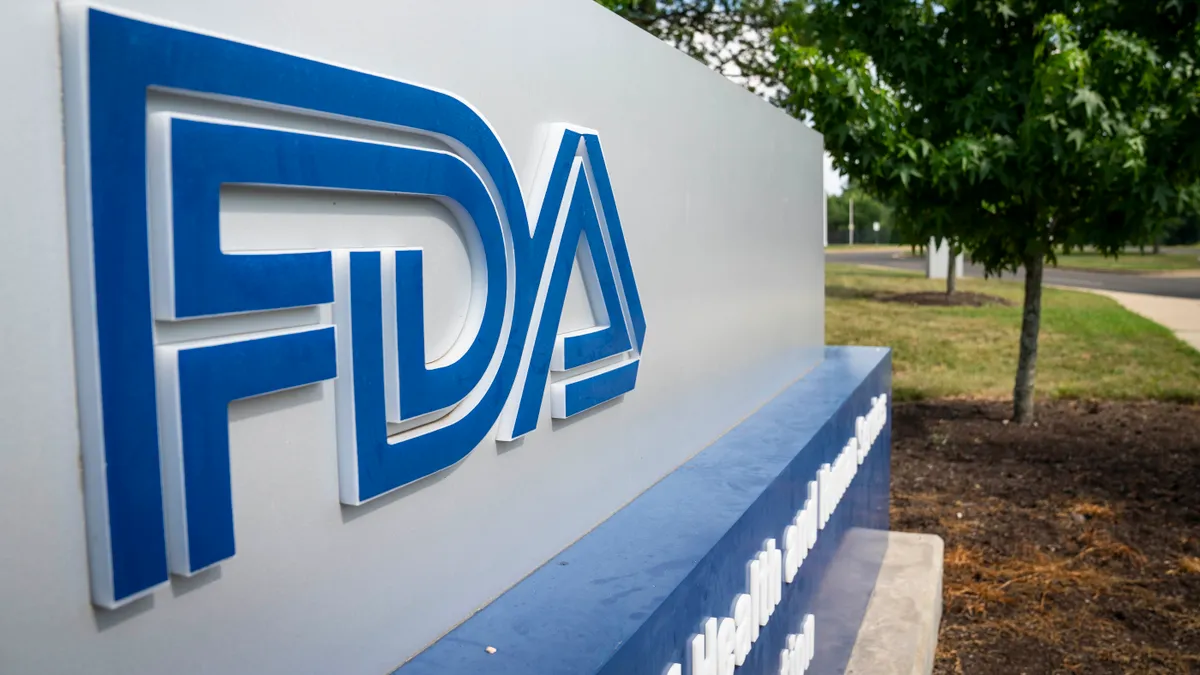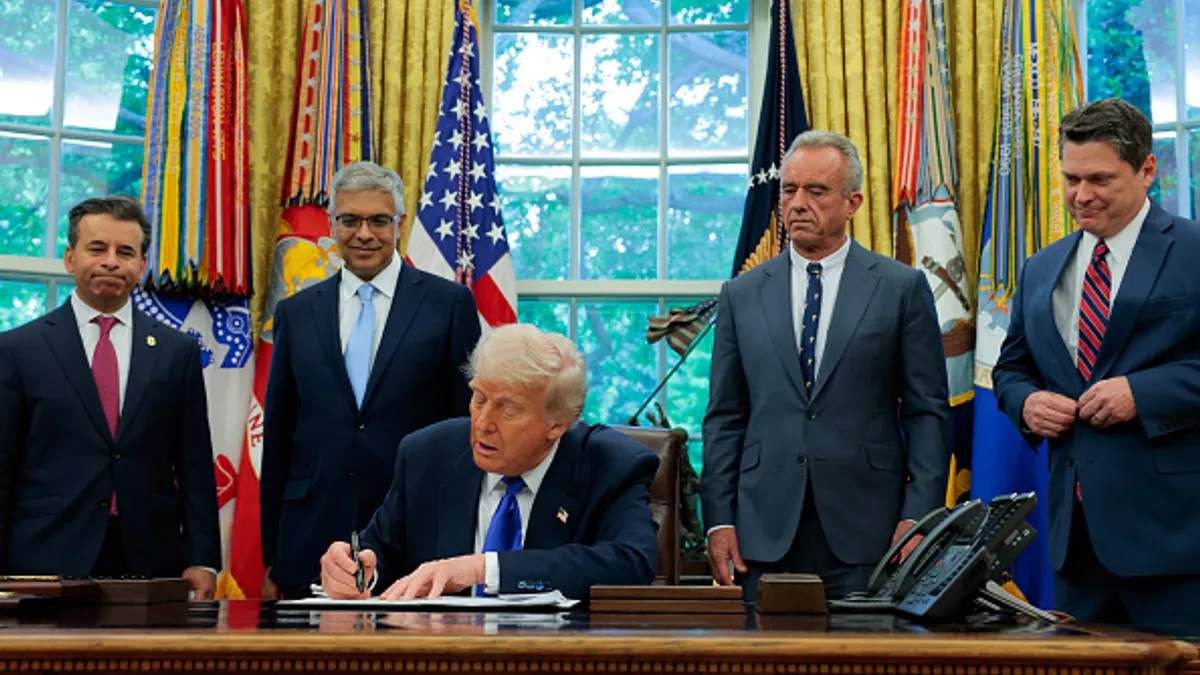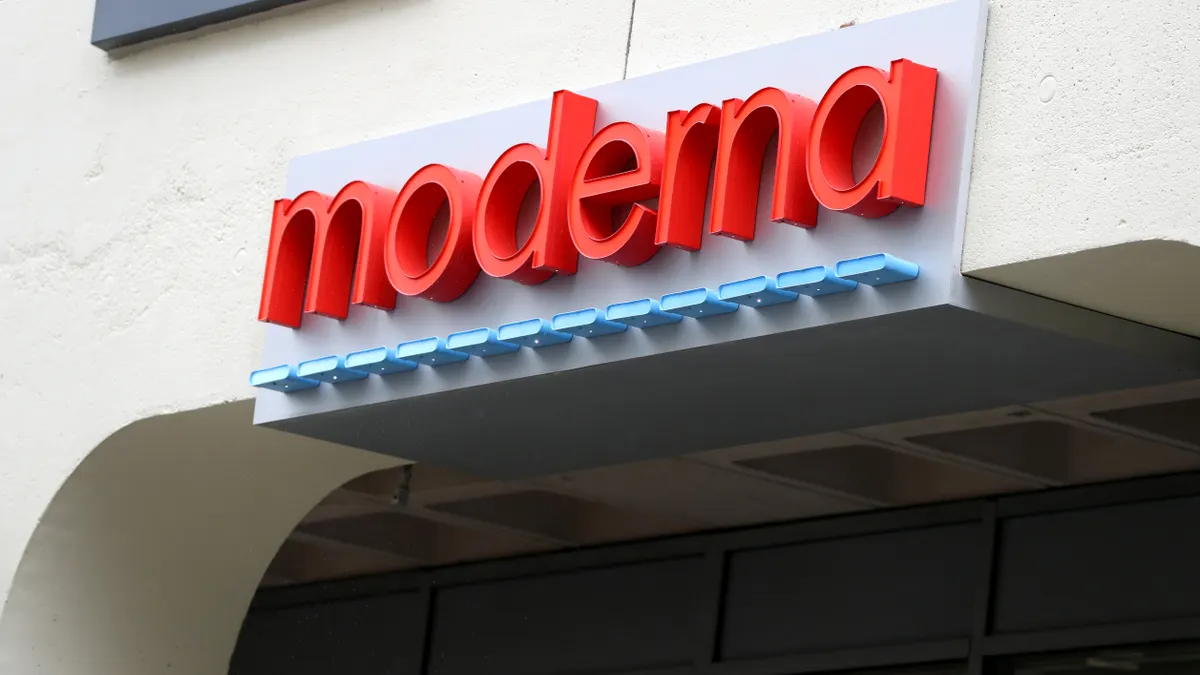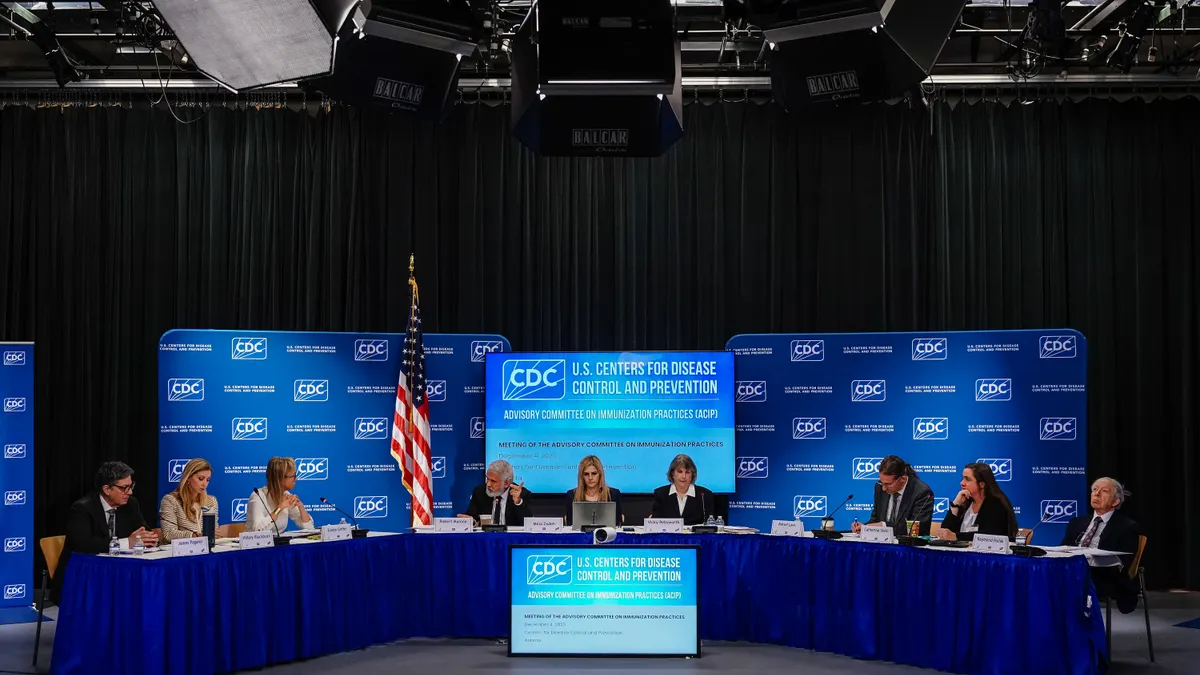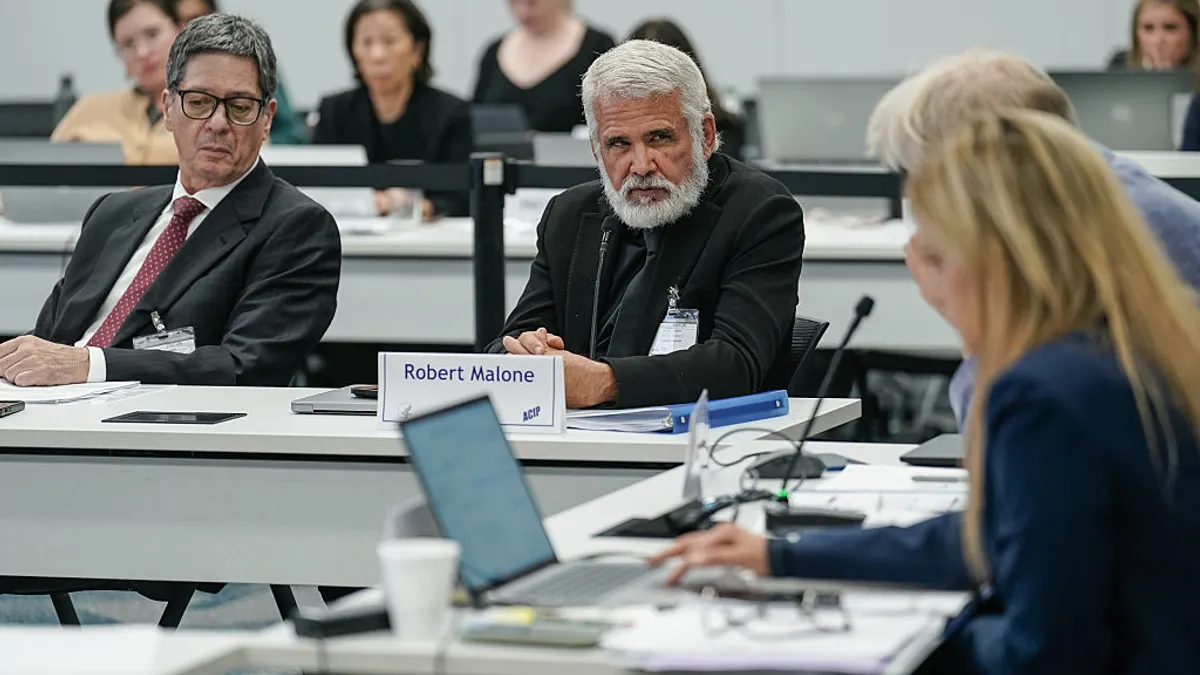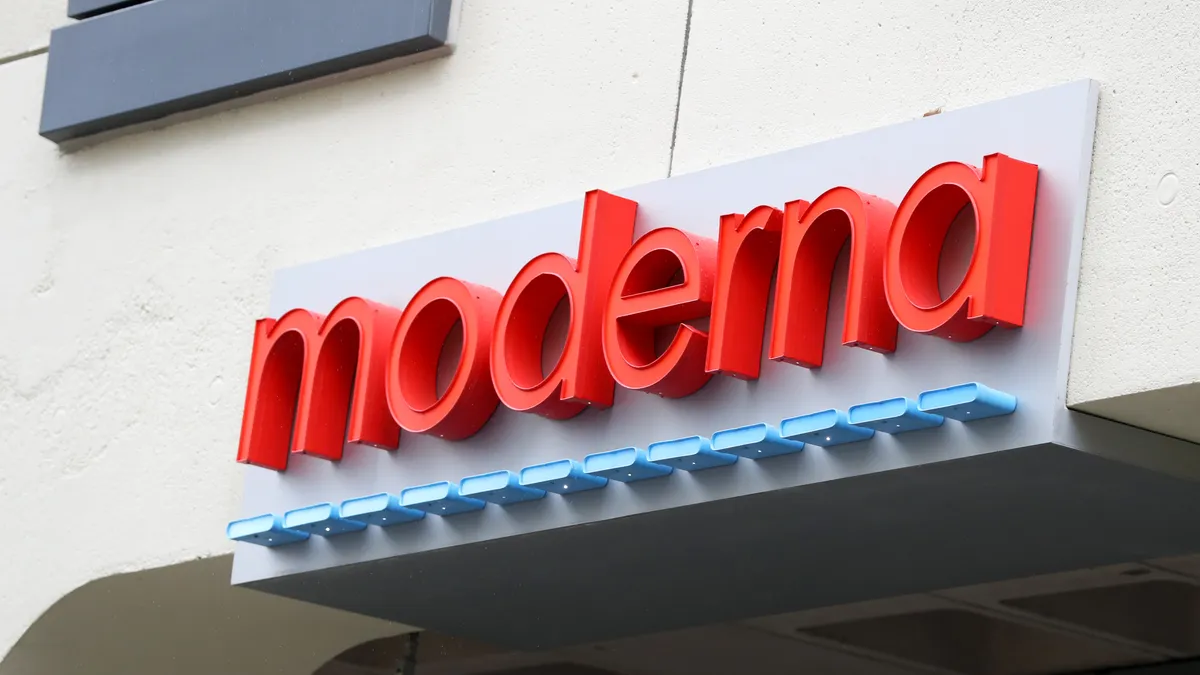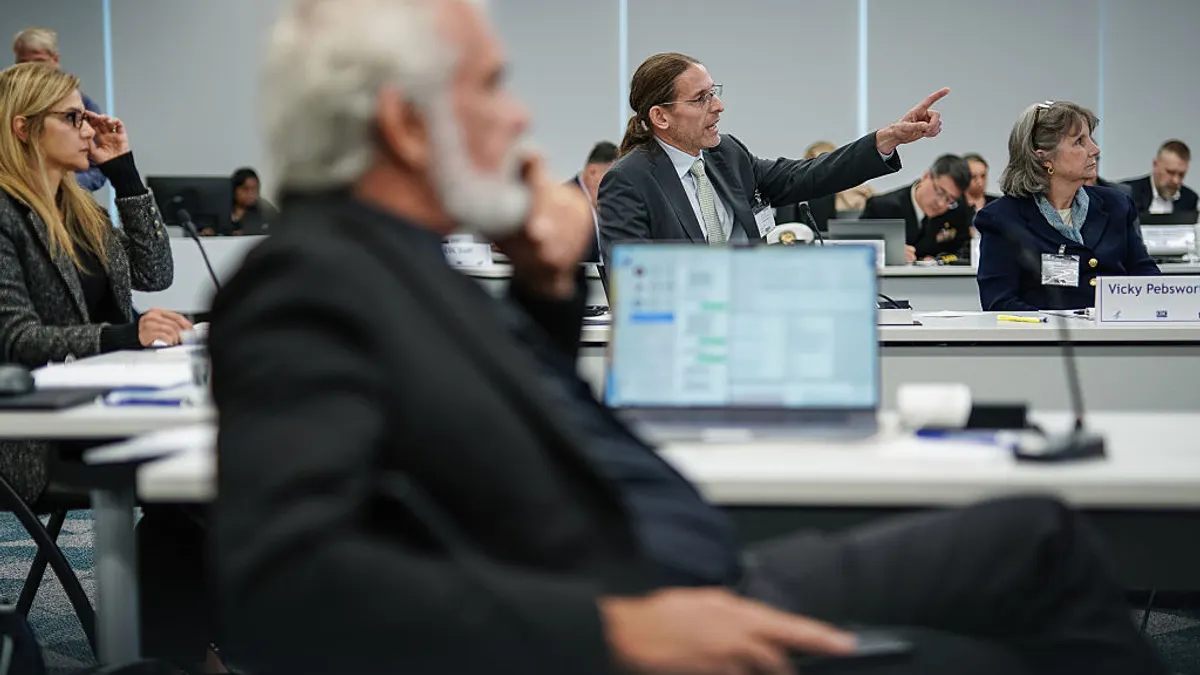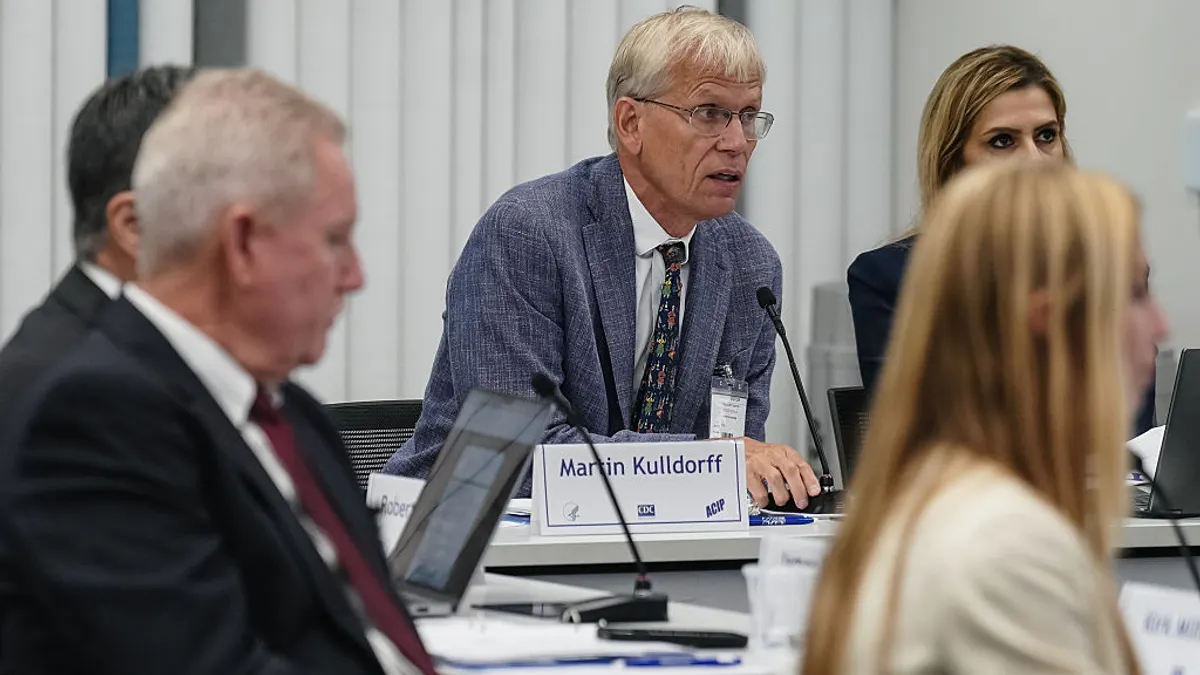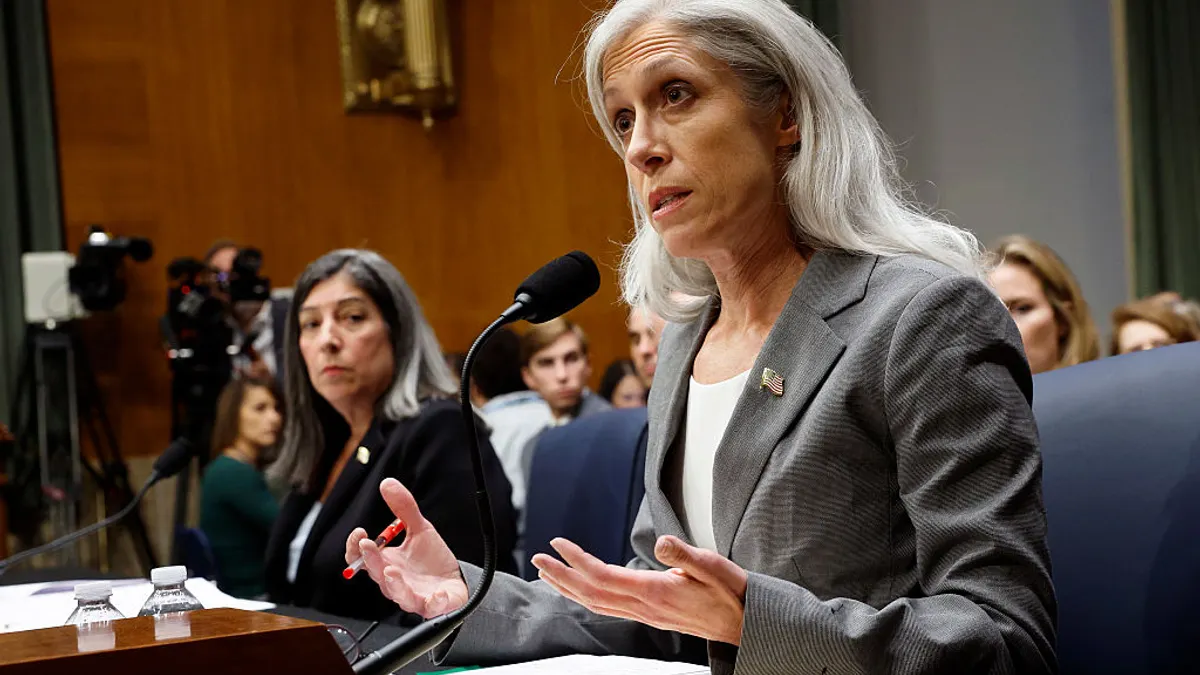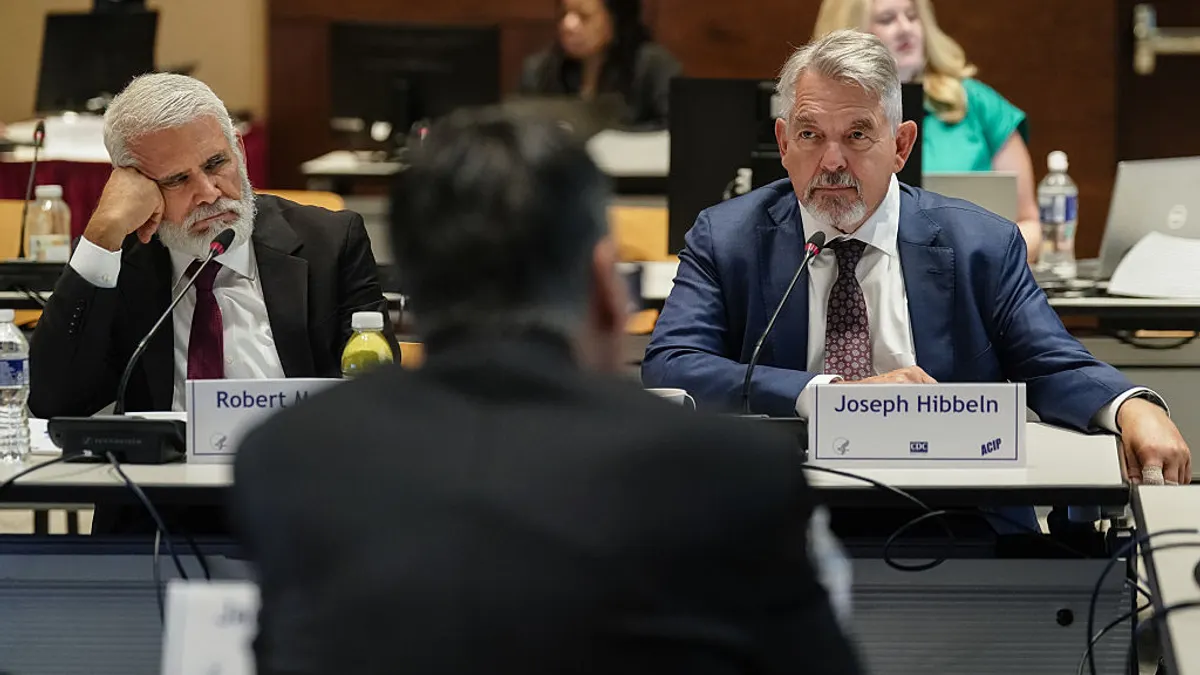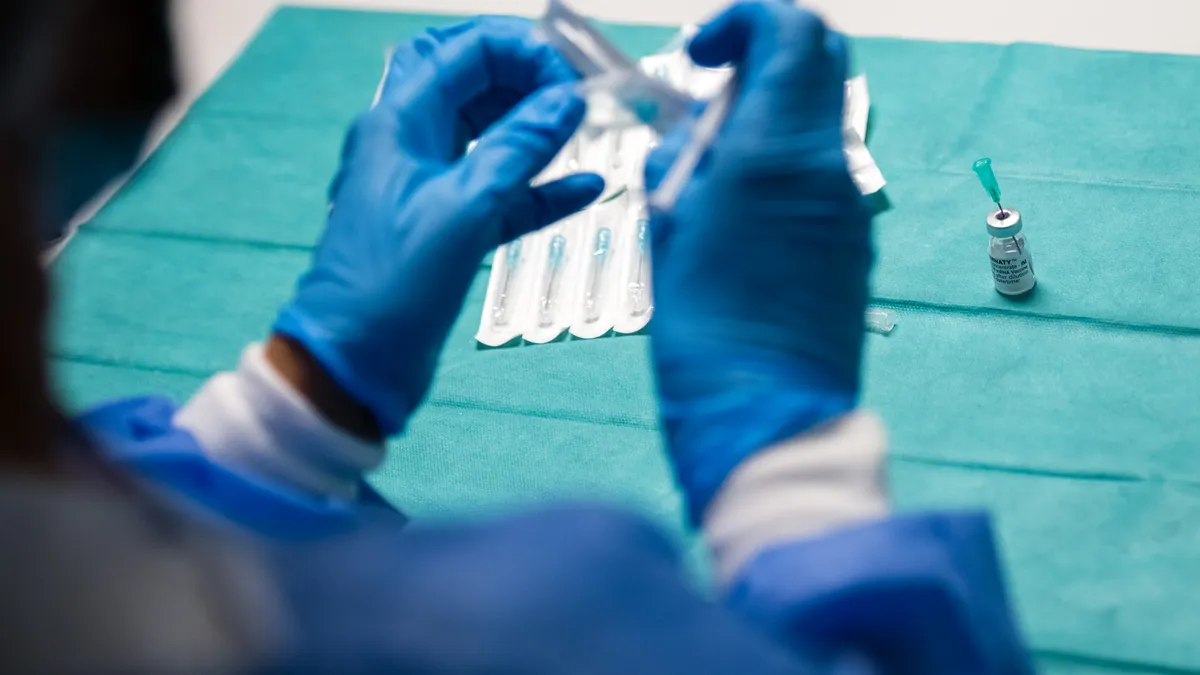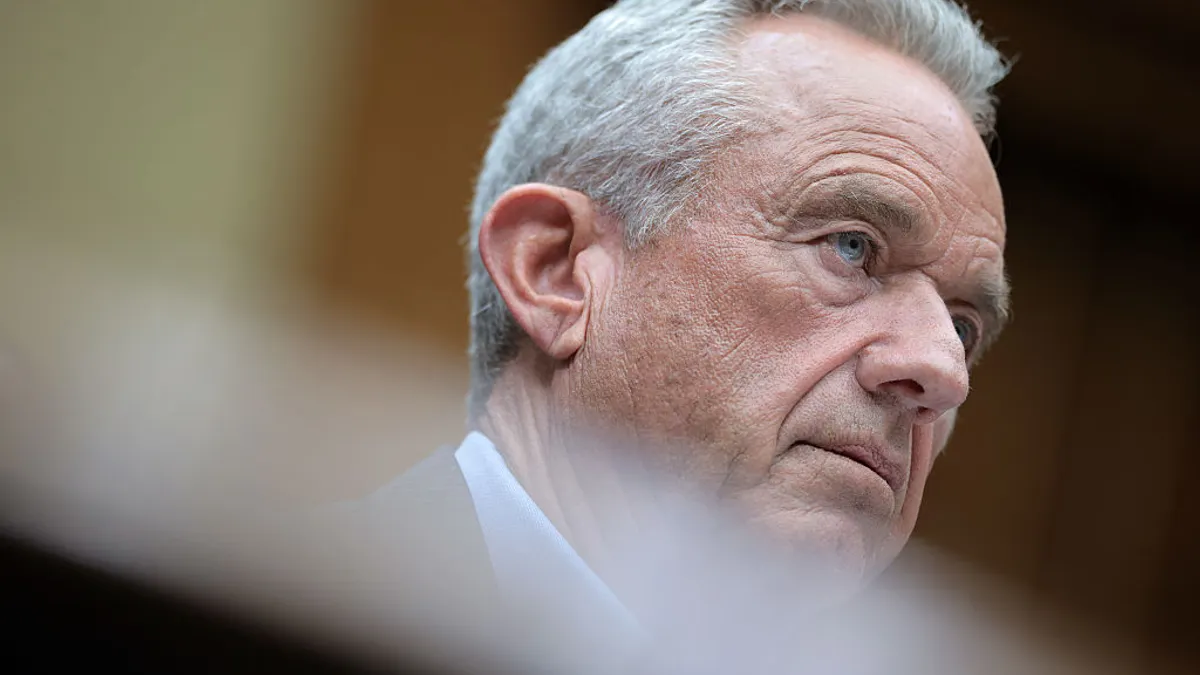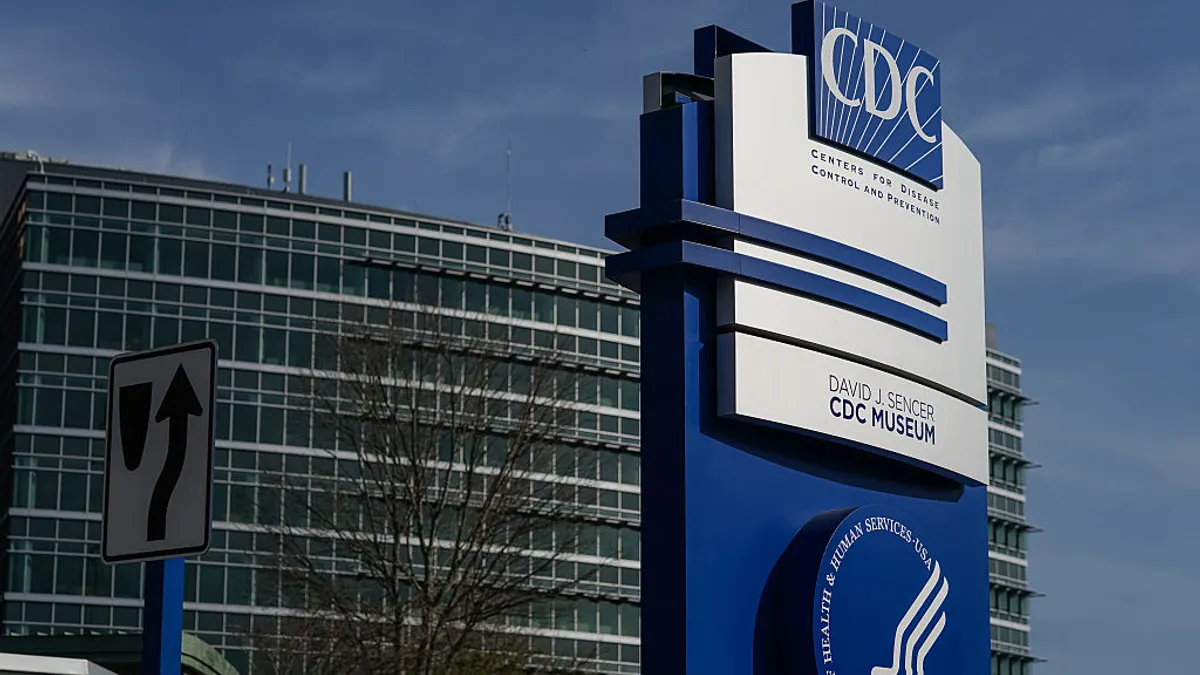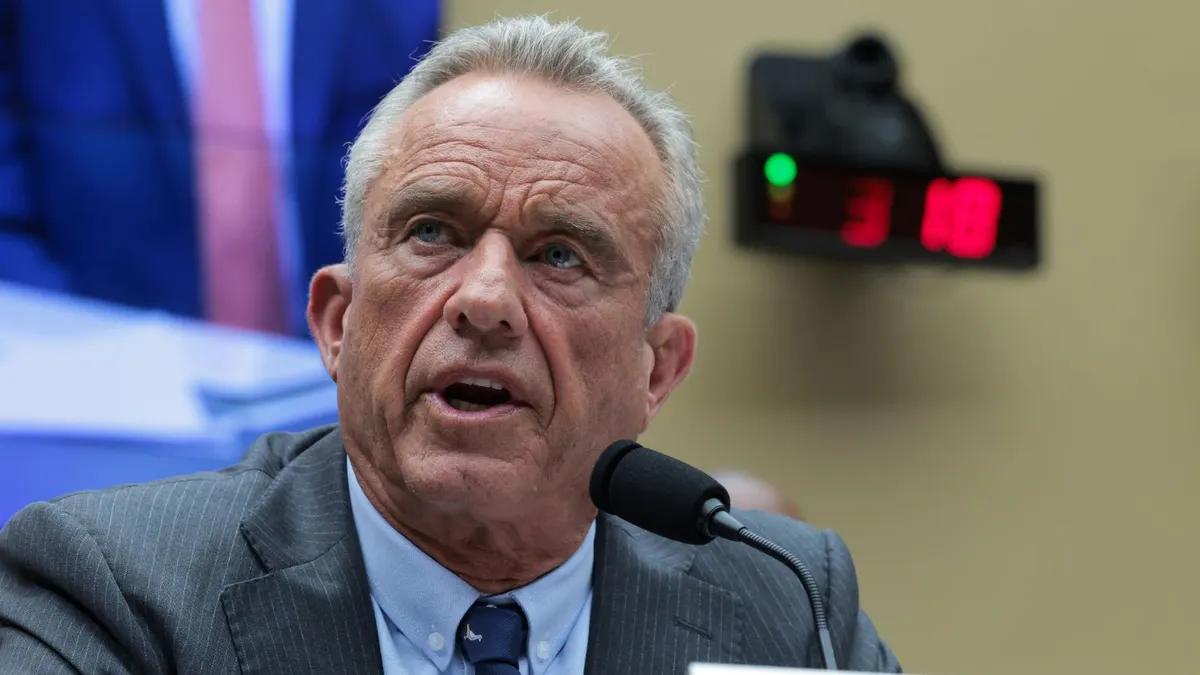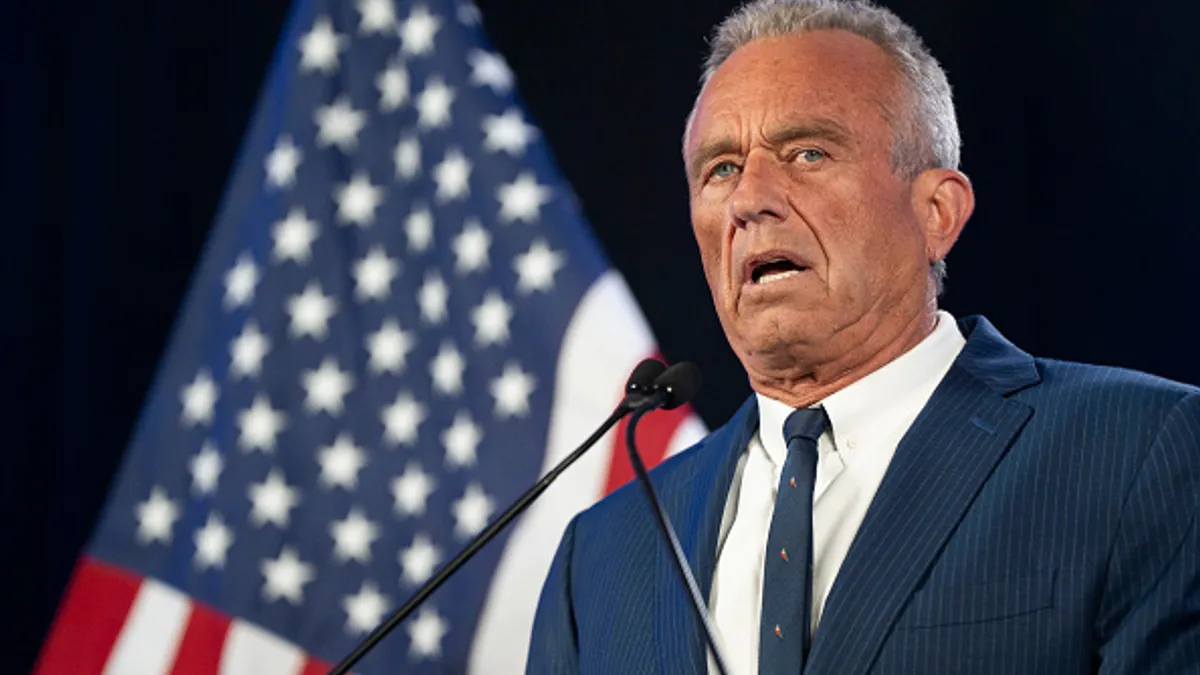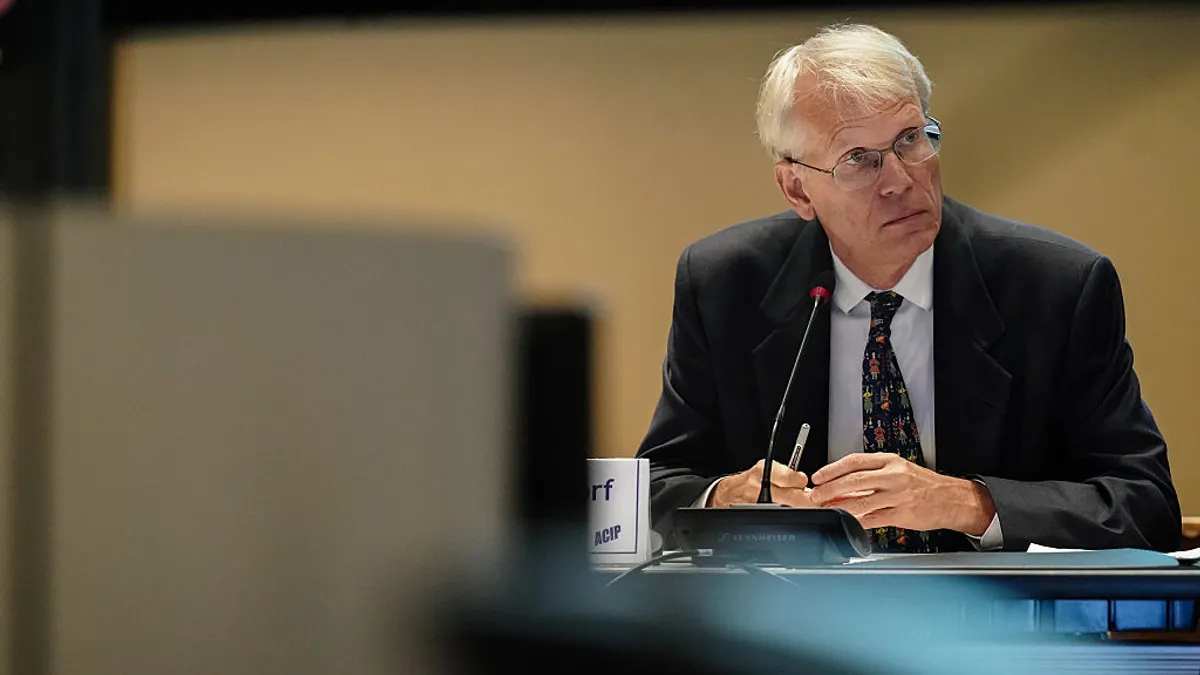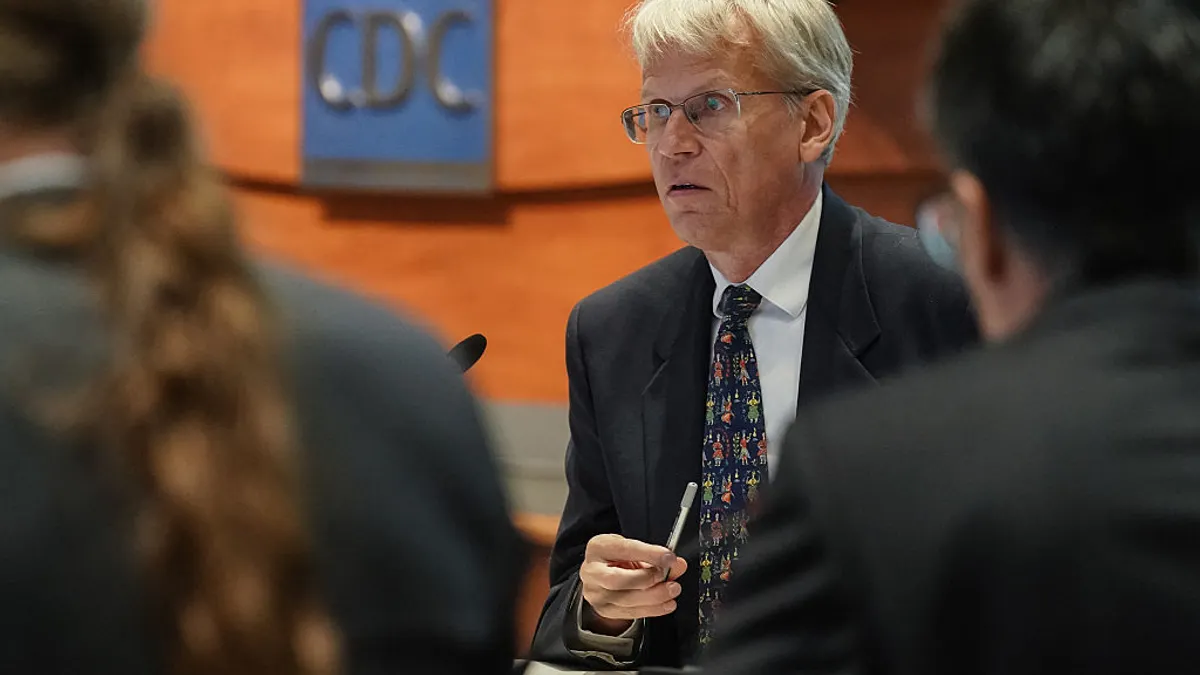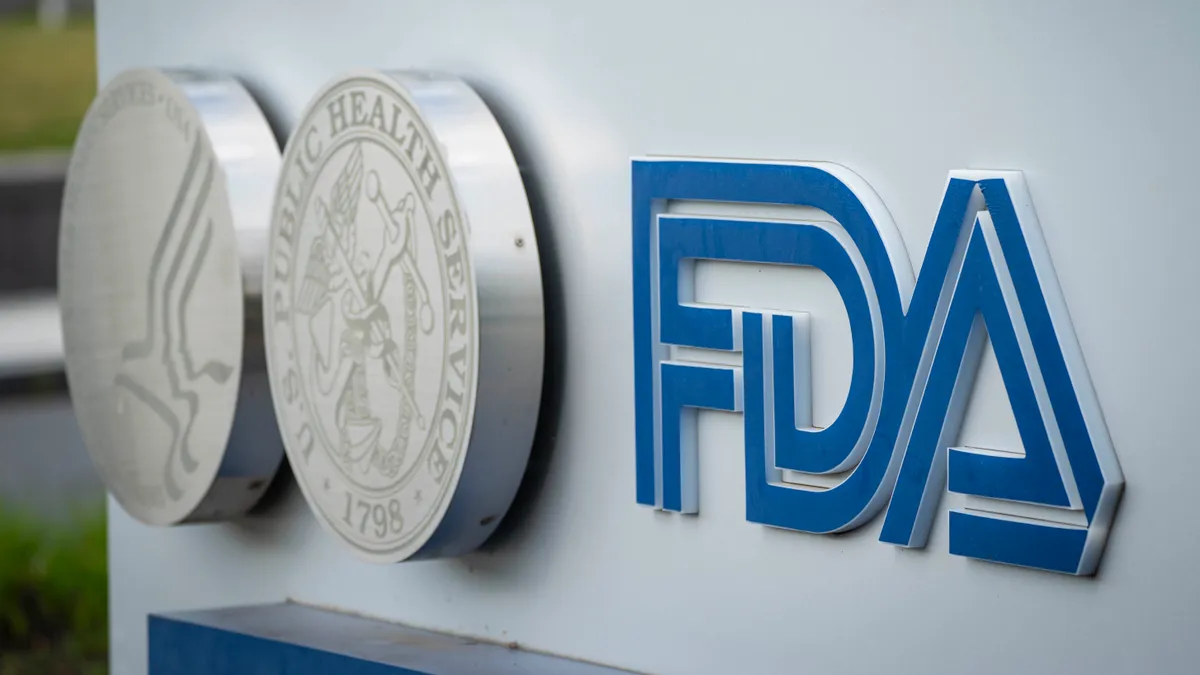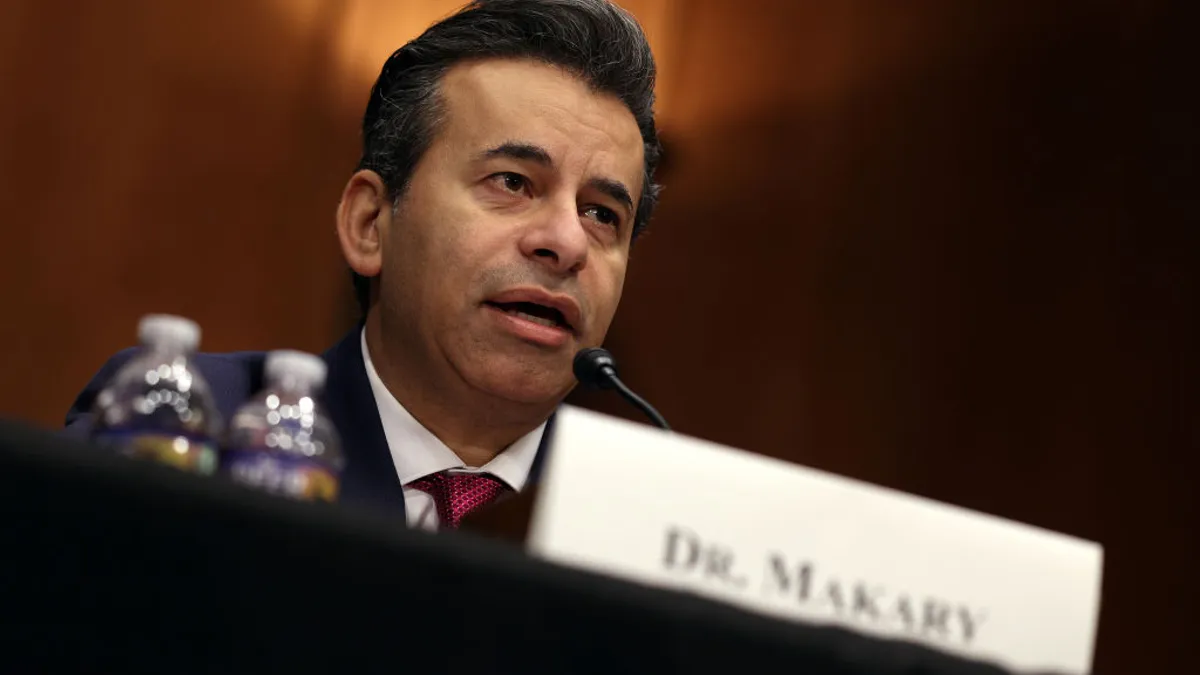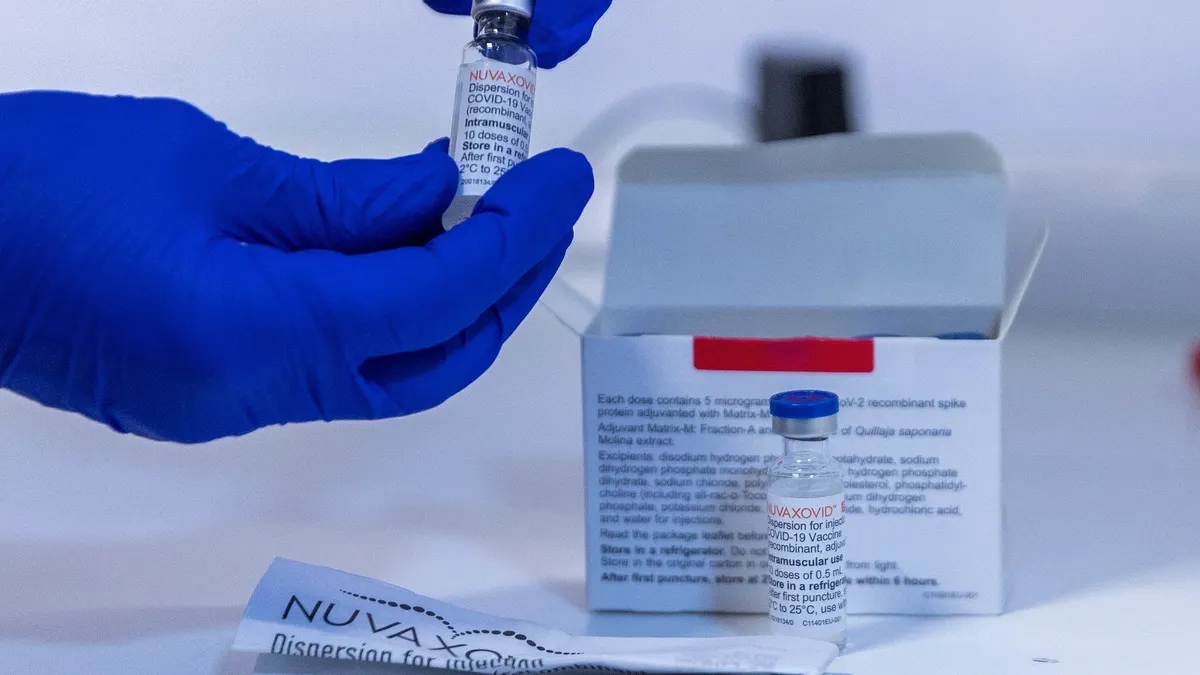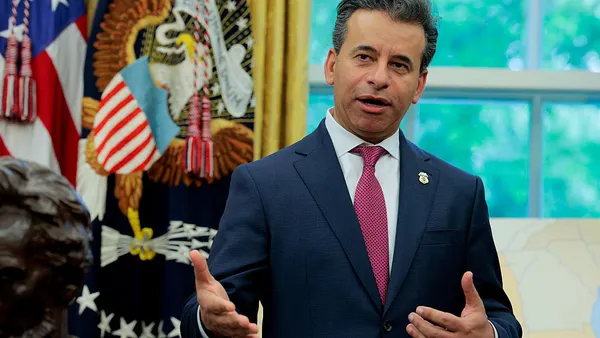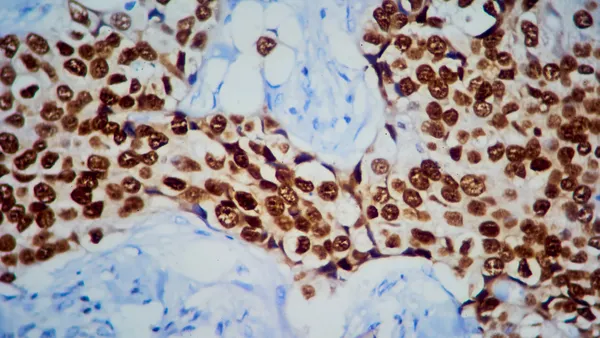Vinay Prasad, the head of the Food and Drug Administration office that regulates vaccines, overruled fellow agency reviewers for a third time in recently approving only narrow use of Moderna’s COVID-19 shot Spikevax in young children.
According to a memo released by the FDA on July 9, the regulator limited Spikevax’s full approval to kids aged 6 months to 11 years and at “increased risk of COVID-19 disease” — instead of all children — because Prasad brushed off the assessments of other reviewers. Prasad felt “differently about certain aspects of their conclusions,” and was skeptical about the shot’s benefits in healthy kids, he wrote.
“We do not have substantial certainty benefits outweigh risks for healthy children based on the totality of data in this submission, and a careful consideration of the biomedical literature,” Prasad wrote.
Before being named the head of the FDA’s Center for Biologics Evaluation and Research in May, Prasad called for caution using COVID vaccines in children and also disagreed with many of the decisions made by his predecessor, Peter Marks. Prasad opposed the way Marks handled the review and approvals of COVID vaccines and excoriated his controversial decision to overturn other agency evaluators in clearing Sarepta Therapeutics’ Duchenne muscular dystrophy gene therapy Elevidys.
Since replacing Marks, Prasad has joined with Commissioner Martin Makary to establish stricter approval guidelines for COVID vaccines. He’s also now overruled other staffers three times in regulatory decisions involving COVID shots developed by Moderna and Novavax, in each case recommending narrower use than the companies had requested.
In the latest memo, Prasad wrote that Moderna hasn’t proven in testing that Spikevax can reduce the likelihood of severe disease, hospitalization or ICU stays in children, in part such events in children are “so infrequent, the sample size for such a study would be massive.” He also noted how much of the evidence Moderna generated occurred in a “COVID-19 landscape much different than the present day,” as the virus has since undergone mutational changes and there is now wider immunity among the general population.
Additionally, though COVID shots have been administered to billions of people and proven safe, Prasad contended that it’s unclear whether they may have “harms that materialize 10 or 20 years later.” The FDA asked the developers of messenger RNA vaccines for COVID, like Moderna, to place a warning on their prescribing information for the very rare risk of a rare type of heart inflammation. That side effect is also associated with COVID infections.
“FDA is ultimately accountable to the American people, and Americans have overwhelmingly stated that they feel the evidence to vaccinate a healthy child with a COVID-19 mRNA product is not enough to compel them to act,” Prasad wrote.
As of April 26, only 13% of children aged 6 months to 17 years had received the most updated COVID vaccine, according to data from the Centers for Disease Control and Prevention.
COVID vaccines have faced additional scrutiny from the CDC’s reformed advisory panel, known as ACIP, as well. Last month, Health and Human Services Secretary Robert F. Kennedy Jr. abruptly fired all previous panelists and replaced them with a new slate that included multiple vaccine critics. At a meeting on June 25, the new panelists questioned the evidence supporting COVID shots.










